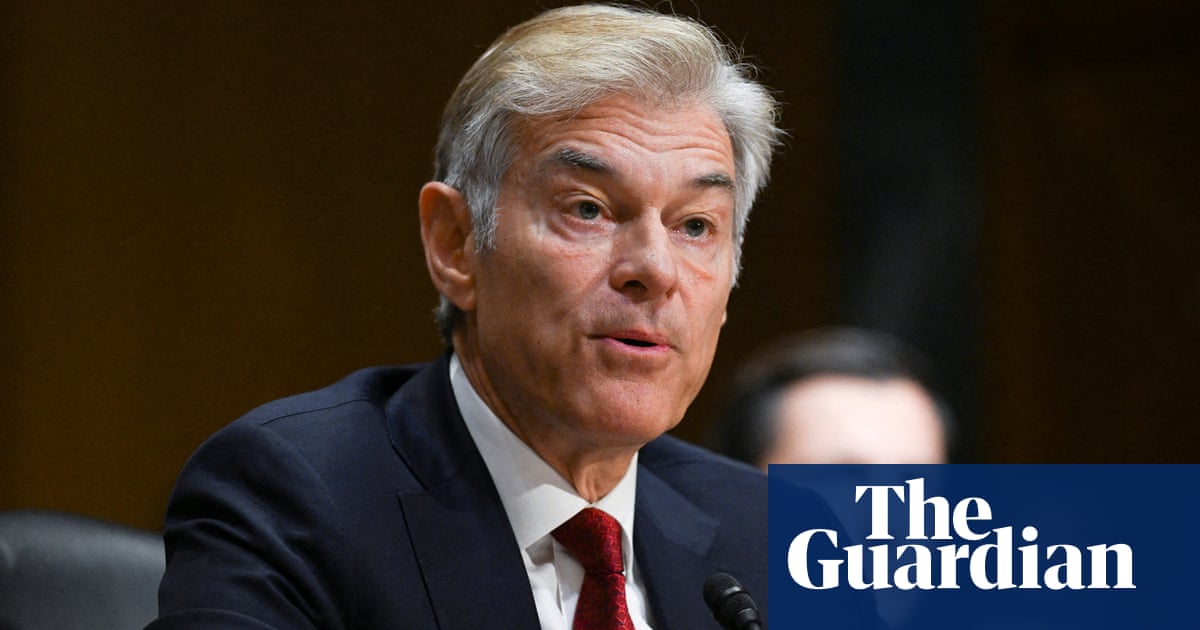Shamima Begum and the other 65 Islamic State-linked Britons detained in prisons and camps in north-east Syria face an uncertain future as Turkish-backed rebel groups continue an offensive against the Kurdish groups who guard them.
While the Assad regime has collapsed after the fall of Damascus, Turkey has sought to exploit the instability across Syria by attacking Kurdish forces who have been aligned with the US and UK in the fight against IS for a decade.
The deteriorating situation in Syria’s north-east has prompted public and private warnings from the US to Turkey, while other western intelligence officials also emphasise the importance of maintaining Kurdish control.
There are about 50,000 male former IS fighters, women and children detained in prisons and camps controlled by the Kurds, mostly from Iraq and Syria. But their numbers also include Begum and, according to human rights group, 20 women, 10 men and 35 children who are British citizens or have held British citizenship.
On Tuesday, John Kirby, the White House national security spokesperson, voiced concern that the continuing offensive by the Turkish-backed Syrian National Army (SNA) could affect the anti-Islamist mission led by Kurdish groups and their military, the Syrian Democratic Forces (SDF).
Kirby said the Turkish-backed operations were problematic “because it does have that risk of pulling the SDF away from the counter-ISIS mission, which we don’t want to see happen. And those are conversations that we’re having with the Turks as well.”
Reprieve, a human rights charity that acts as an advocate for Britons who have been detained in Syria, says the accelerating uncertainty was a reason to repatriate those held in the prisons and camps, even though the adults would have once been IS fighters or, in the case of Begum, IS supporters.
Dan Dolan, director of policy and advocacy at Reprieve, said the “current volatile situation demands decisive action” and called on the UK to follow the US and other European countries in repatriating former IS adherents and their children.
The charity argues that of those detained “most are children, and most of those children are under 10 years old” while of the women nearly two-thirds, including Begum, were victims of trafficking, coerced into travelling to IS in the first place.
On Wednesday night, the leader of the Syrian Kurdish military, Mazlum Abdi, said that they were halting “joint operations against Isis” because the US-led anti-IS coalition was preoccupied after the fall of Assad. “Isis is now stronger in the Syrian desert,” he warned and said that plans for breaking out from the camps and prisons are “always on their agenda”.
The UK has been reluctant to consider repatriations in most cases and has removed the citizenship of Begum and other Britons in Syria where possible, on the grounds it is “conducive to the public good”. Begum failed in a protracted legal battle to challenge the loss of her citizenship earlier this year, with the court ruling that concerns about whether she had been trafficked were not relevant.
Last year, according to Reprieve, 600 people were repatriated from the Kurdish controlled camps by 17 countries. The US and Germany, France, Canada, Finland, Denmark, and Sweden are among those that have brought former IS adherents and their families back to their home countries.
However, Home Office officials have signalled there are no plans for a change of policy at present. The UK says it considers repatriations on a “case by case basis” and has on two occasions allowed adult women to return, including a woman and five children in December last year.
The camps, the large al-Hawl, and the smaller Roj, where Begum lives, are a long way from the current frontlines, though both Turkey and, to a lesser extent, Israel have conducted air and drone strikes in Kurdish territory. About 4 million people live in north-east Syria under a Kurdish-led administration.
Matt Broomfield, a specialist Syria researcher, said: “The main threat to the security of the camps would come if the SDF was forced to withdraw from the camps and detention centres because of the advance of Turkish-backed groups, or if there was a Turkish takeover.”
Earlier this week, the Turkish-backed SNA seized control of Manbij, west of the Euphrates, previously controlled by the Kurdish military for eight years, with the help of air and drone strikes from the Turkish air force.
The SNA is now advancing towards Kobane, near the Turkish border, the site of a significant battle in 2014, where a combination of Kurdish fighters and western air power helped oust IS in one of the first successful collaborations in the five-year war against the Islamist terror group.
Turkey has long opposed Kurdish separatism and has repeatedly argued that the SDF and related militaries are linked to independence movements in its own country. Syria’s Kurdish groups say they operate separately and want to be an autonomous part of Syria, though their relationship with the new leaders in Damascus is also uncertain.

.png) 3 months ago
27
3 months ago
27













































